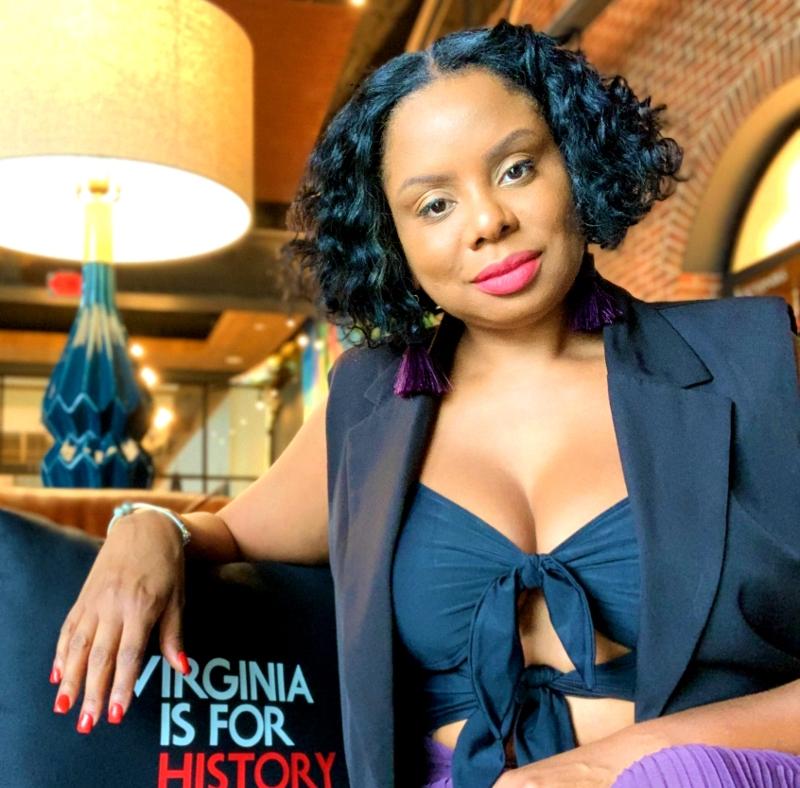4 Infamous Business Flops And The Lessons Learned

There is a lot that can be learned from failure, and every major business has had their fair share. Whether they made it through learning a costly lesson or the failure led to total disaster, it is a normal part of the business ecosystem to try out ideas that simply just might not work out. Taking risks is part of doing business, and in the words of former YouTube CEO Susan Wojcicki: “Things are always changing. Part of being successful here is being comfortable with not knowing what’s going to happen.”
That being said, here are a few infamous business fails and the fallout that impacted the companies.
Crystal Pepsi Launch
This soft drink was marketed as a clear-colored cola, and U.S. consumers first got Crystal Pepsi on the shelves in 1992. It was made clear by removing the added caramel coloring and replacing it with modified cornstarch —a concoction that was “less sweet than its world-renowned namesake — with fewer calories, to boot.”
According to Yahoo! Finance, it failed due to a “combination of branding issues, corporate sabotage from arch-rival Coca-Cola, and overall consumer dissatisfaction with the flavor of the product.”
It was offered for a mere two years before it was scrapped due to declining sales, even after a multi-million-dollar ad campaign at the 1993 Super Bowl and promising initial sales.
“I think every leader has what I call an epic fail, something [you would] like to play over again and again. Believe me, I’ve re-lived those Crystal Pepsi days,” David Novak, co-founder and former CEO of Yum! Brands, Inc., told Yahoo Finance in 2021. “But, you know, when I went to Pepsi, Pepsi was in need of a turnaround. The business was not doing well, so I developed the idea of a clear cola.”
Lesson learned: If it ain’t broke, don’t fix it. Sometimes it is best to leave well-enough alone, especially if you have a drink that’s been a favorite among loyal customers for its distinct taste for over 100 years.
“I had franchise bottlers tell me, ‘David, it needs to taste more like Pepsi. You’re calling it Pepsi,’ Novak added. “And you know, I didn’t listen to them because I thought it was such a big idea. And if I would have listened to them, given it a little bit more Pepsi flavor notes, I’m convinced that Crystal Pepsi would still be around today.”
In 2022, the company brought it back for nostalgia’s sake, where consumers couldn’t buy it but they could win a limited run of the discontinued drink for Pepsi’s 30th anniversary.
Burger King’s Crispy Chicken Jingle Debacle
This is a case of when stereotypes go wrong, and someone on the greenlighting team caught lots of flack for this one. In 2012, Burger King tapped superstar singer Mary J. Blige to sing atop a table about their new chicken snack wraps, feeding into stereotypes about African Americans and fried chicken. One popular critic even called it “racist and offensive.” Critics and fans alike were disappointed and outraged, heading to social and major publications to express their disdain.
“Black people don’t always need a song or a dance to buy a product,” media professional Veronica Wells said in an interview at the time.
After facing backlash, Blige responded, “I agreed to be part of a fun and creative campaign that was supposed to feature a dream sequence. Unfortunately, that’s not what was happening in that clip. I understand my fans being upset by what they saw. But, if you’re a Mary fan, you have to know I would never allow an unfinished spot like the one you saw go out.”
Burger King subsequently pulled the spot claiming it was “released prematurely before all of the licensing and final approvals were obtained,” according to reports.
Lesson learned: Sometimes, desperate measures can lead to alienation, especially when it comes to marketing to diverse consumers. It is also a good idea to be aware of hidden bias and cultural blindness, and find other innovative ways to market to multicultural audiences. Lean on relatability and authenticity.
At the time, the chain was losing its grip on fast-food consumers, falling down the ranks of dominating franchises. Experts at the time said it was due to its outdated menus and restaurants and their lack of innovation when it came to drawing breakfast customers, efforts its competitors Starbucks and McDonald’s were winning at. Introducing a chicken wrap with famous faces was one of its efforts to get back in the game, and with a campaign that also featured popular late-night host Jay Leno, it sought to touch diverse audiences with inclusion of Blige. The end product not only fell flat but unnecessarily fed into outdated and tired depictions and lazy advertising tactics. Marketing consultant Steve Stoute, who had worked closely with Blige in the past, reportedly tweeted at the time, that the “issue” is agencies “visit culture and then do work that is so inauthentic it’s embarrassing.”
Too Viral To Test And Scale: Pink Sauce
Miami chef Veronica “Carly Pii” Shaw’s “Pink Sauce” went viral on TikTok back in 2022, and it was a hit – until it wasn’t. Videos of her product went viral due to the product’s vibrant hue and Carly’s engaging marketing. Her followers went from just over 1,000 to more than 80,000 in a short period of time, with people wanting more of the condiment she’d deliciously slather on everything from fried chicken to gyros.
She was among young entrepreneurs who got a wave of support at time, post-pandemic, but when critics began to question the ingredients and consistency of the product, chaos ensued. The social media detectives went in full-on investigative mode, calling out her claims of the health benefits and how the nutrition information “didn’t add up.” She also faced issues with packaging and “exploding” products, of which TikTokers would openly display in viral videos.
Lessons learned: Product development and scaling is essential, especially when offering anything edible and making viral videos about it on social media. Get the knowledge and resources needed to do things the right way.
“We didn’t get the opportunity like other small businesses to go through trial and error, to learn through our mistakes and recover from them,” Carly reportedly said in a live video that streamed on her TikTok and YouTube. “We didn’t have that opportunity because we blew up so fast. We went viral so fast.”
In 2023, Carly partnered with a legitimate distributor, Dave’s Gourmet, and was able to get her product formulation up to standard. It went on to be sold at Walmart, a major comeback for Carly.
Shea Moisture: Natural Haircare Ad Flub
The mainstay natural haircare brand faced backlash back in 2017 after featuring a white woman as part of a social media ad campaign. In the 60-second ad, a Black woman shared her experience being bullied for her natural, voluminous curls, while women of other races discussed their issues with hair such as “limpness” and “unusual hair color.” “Break free from hair hate,” was the main tagline for the ad.
While critics acknowledged that other women struggle with stereotypes and negative experiences with their hair, what was significant was that Black women disproportionately facelife– and career-threatening consequences related to wearing their natural hair, particularly due to systemic and institutionalized racism. The ad was seen as a slight from a brand that was once Black-owned and founded to affirm and cater to Black women.
Customers accused the brand of “gentrifying” the issue of natural hair in an attempt to “woo new, white users.” “I get Shea Moisture wanting to get that crossover coin, BUT a black woman going natural isn’t the same as embracing your hair,” one woman reportedly said via Twitter. Others at the time likened the choice of ad inclusion to the infamous case of Rachel Dolezal, white woman who posed as African-American and became the president of the Spokane, Wash. chapter of the NAACP.
Lessons learned: There are better ways of being inclusive and it doesn’t have to be at the expense of your key demographic, especially when it comes to matters of culture and race. Shea Moisture issued an apology. “Wow — we really f—ed this one up!” the company said in a statement posted to Twitter. “Please know that our intent was not, and would never be, to disrespect our community.”
Brand leaders then elaborated on the apology on Instagram, stating, “We are keenly aware of the journey that WOC face – and our work will continue to serve as the inspiration for work like the Perception Institute’s Good Hair Study/Implicit Association Test that suggests that a majority of people, regardless of race and gender, hold some bias towards women of color based on their textured or natural hair. So, you’re right. We are different – and we should know better.”






